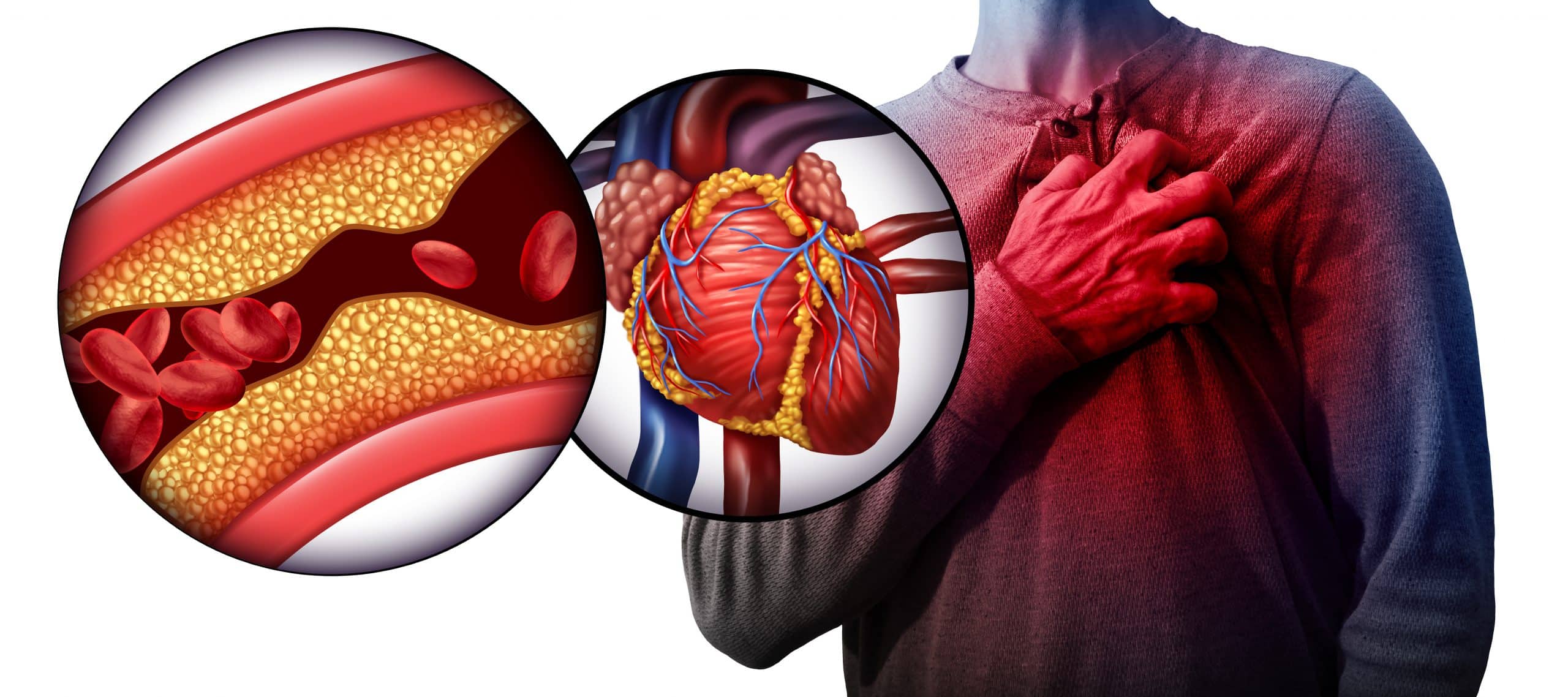02/27/2018
2018 American Heart Health Focus: Heart Disease in Younger Adults
A disturbing trend among youngish adults in the U.S. is the increased number of deaths resulting from heart disease. More and more adults between the ages of 35-64 are developing fatal heart disease or increasing their risk factors. Because of this alarming truth, Million Hearts declared it the focus for 2018’s American Heart Month.
Heart disease and cardiac deaths are so common among older citizens that Americans tend to treat them as unavoidable and commonplace. But what about when a 35 or 40-year-old is suddenly diagnosed with coronary artery disease (CAD)? Although risk of CAD may increase with age, it isn’t unheard of in younger men. Studies show that coronary artery disease causes 80 percent of the heart attacks in young adults. Young adults and Americans in general need to take back control of their heart health. Through easy lifestyle changes and management of preexisting conditions, people of all ages can help reduce their risk for heart disease.

Get Active
One of the most important and increasingly ignored risk factors for heart disease and atherosclerosis (clogged arteries) is physical inactivity. Too many adults in their 30s and 40s are not making the time to exercise, usually due to work and family commitments. However, the CDC recommends getting at least 150 minutes of moderate exercise or 75 minutes of intense exercise each week for basic health benefits. After sitting at a desk all day in the office, it is crucial for people to get up and work their muscles.
Make Healthy Eating Habits
Maintaining a balanced diet is something we are all told as children and know is essential to our health. Unfortunately, the booming fast food industry and abundance of processed foods in grocery stores have made convenience trump nutrition. Especially after working a long day, most Americans do not want to come home and cook an elaborate, healthy meal making sure all of the food groups are present. Luckily, there are simple ways to develop a healthier eating habit. Staying away from processed food, foods high in sodium or trans-fat, and incorporating more fruits, vegetables, whole grains, and lean meats. Grocery delivery apps such as Instacart or Postmates are available in many cities and are a very convenient way to get healthy food brought straight to your home.

Quit Smoking
Young adults are constantly warned about the dangers of smoking and using tobacco products, and yet millions of Americans still take the risk. Smoking has been proven to be the most powerful contributing factor to atherosclerosis, and this does not exclude second-hand smoking. Long-term exposure to second-hand smoke can cause detrimental harm to a person’s arteries and lungs. There are numerous smoking cessation treatments available, such as medication, patches, gum, and inhalers. Medications like Chantix have been quite successful for some people, but the most effective way to quit smoking is by combining a nicotine replacement therapy with emotional support from friends or family.
Know Your Numbers
Blood pressure levels are not the only numbers you need to keep track of to stay clear of heart disease. High cholesterol is also a major risk factor and is not something you can put off worrying about until you are old. Get regular physicals and make you’re your doctor checks your blood pressure and cholesterol levels each time. To calculate your heart age based on BMI, click here.
Stick to the Script.
Even for those who have a family history of heart disease or pre-existing medical conditions can keep their heart health under control if they properly manage their medications. Establishing a routine and taking your prescriptions at the same time each day can help you stay on track. Taking medicine when you feel fine may be tough, but listening to your doctor and taking your pills is the best way to avoid a health catastrophe.
For more information about avoiding heart disease and lowering your risk factors, call us at 770-962-0399, or visit us online today.



